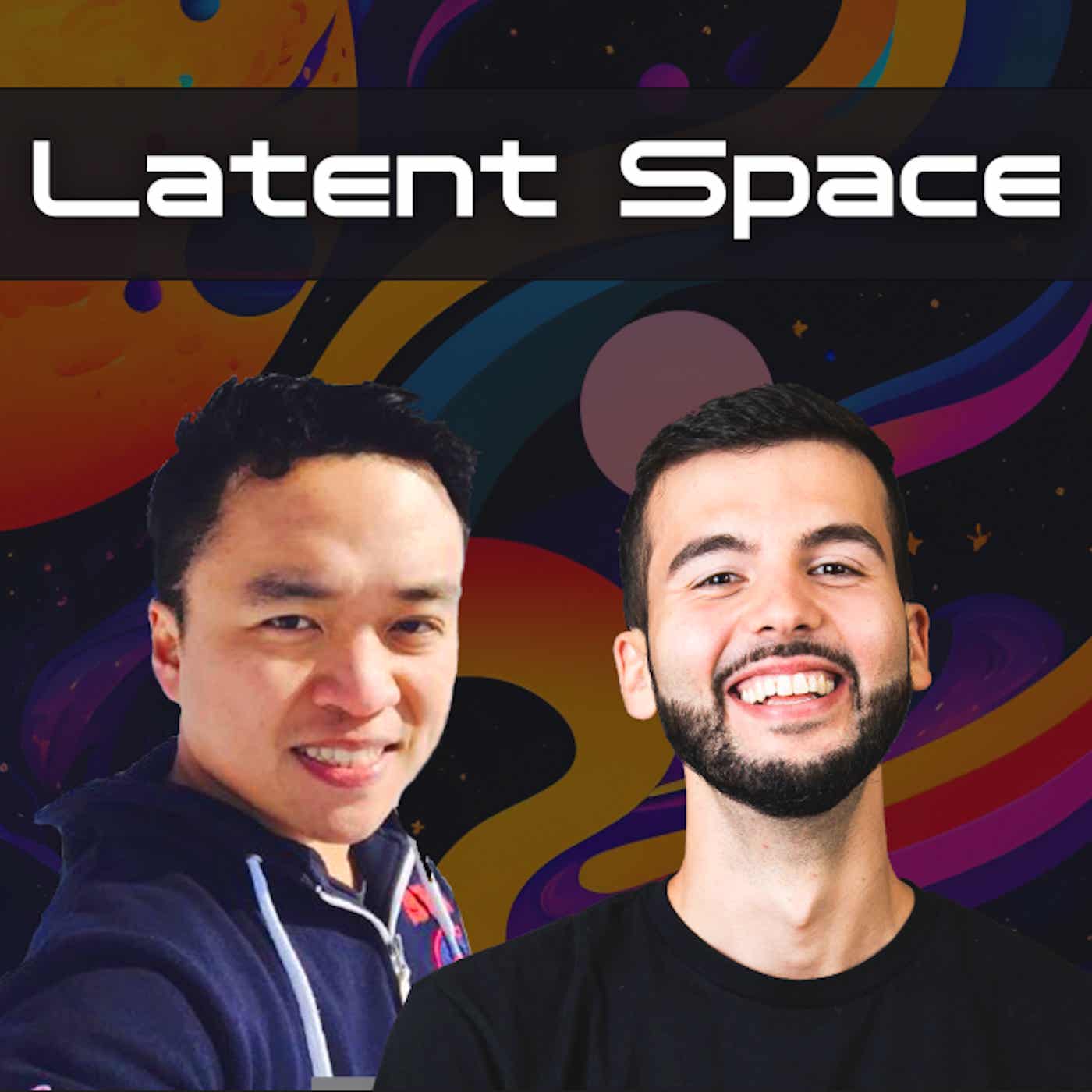Why Google failed to make GPT-3 + why Multimodal Agents are the path to AGI — with David Luan of Adept
Description
Our next SF event is AI UX 2024 - let’s see the new frontier for UX since last year!
Last call: we are recording a preview of the AI Engineer World’s Fair with swyx and Ben Dunphy, send any questions about Speaker CFPs and Sponsor Guides you have!
Alessio is now hiring engineers for a new startup he is incubating at Decibel: Ideal candidate is an “ex-technical co-founder type”. Reach out to him for more!
David Luan has been at the center of the modern AI revolution: he was the ~30th hire at OpenAI, he led Google's LLM efforts and co-led Google Brain, and then started Adept in 2022, one of the leading companies in the AI agents space. In today's episode, we asked David for some war stories from his time in early OpenAI (including working with Alec Radford ahead of the GPT-2 demo with Sam Altman, that resulted in Microsoft’s initial $1b investment), and how Adept is building agents that can “do anything a human does on a computer" — his definition of useful AGI.
Why Google *couldn’t* make GPT-3
While we wanted to discuss Adept, we couldn’t talk to a former VP Eng of OpenAI and former LLM tech lead at Google Brain and not ask about the elephant in the room.
It’s often asked how Google had such a huge lead in 2017 with Vaswani et al creating the Transformer and Noam Shazeer predicting trillion-parameter models and yet it was David’s team at OpenAI who ended up making GPT 1/2/3.
David has some interesting answers:
“So I think the real story of GPT starts at Google, of course, right? Because that's where Transformers sort of came about. However, the number one shocking thing to me was that, and this is like a consequence of the way that Google is organized…what they (should) have done would be say, hey, Noam Shazeer, you're a brilliant guy. You know how to scale these things up. Here's half of all of our TPUs. And then I think they would have destroyed us. He clearly wanted it too…
You know, every day we were scaling up GPT-3, I would wake up and just be stressed. And I was stressed because, you know, you just look at the facts, right? Google has all this compute. Google has all the people who invented all of these underlying technologies. There's a guy named Noam who's really smart, who's already gone and done this talk about how he wants a trillion parameter model. And I'm just like, we're probably just doing duplicative research to what he's doing. He's got this decoder only transformer that's probably going to get there before we do.
And it turned out the whole time that they just couldn't get critical mass. So during my year where I led the Google LM effort and I was one of the brain leads, you know, it became really clear why. At the time, there was a thing called the Brain Credit Marketplace. Everyone's assigned a credit. So if you have a credit, you get to buy end chips according to supply and demand. So if you want to go do a giant job, you had to convince like 19 or 20 of your colleagues not to do work. And if that's how it works, it's really hard to get that bottom up critical mass to go scale these things. And the team at Google were fighting valiantly, but we were able to beat them simply because we took big swings and we focused.”
Cloning HGI for AGI
Human intelligence got to where it is today through evolution. Some argue that to get to AGI, we will approximate all the “FLOPs” that went into that process, an approach most famously mapped out by Ajeya Cotra’s Biological Anchors report:
The early days of OpenAI were very reinforcement learning-driven with the Dota project, but that's a very inefficient way for these models to re-learn everything. (Kanjun from Imbue shared similar ideas in her episode).
David argues that there’s a shortcut. We can bootstrap from existing intelligence.
“Years ago, I had a debate with a Berkeley professor as to what will it actually take to build AGI. And his view is basically that you have to reproduce all the flops that went into evolution
More Episodes
We have a full slate of upcoming events: AI Engineer London, AWS Re:Invent in Las Vegas, and now Latent Space LIVE! at NeurIPS in Vancouver and online. Sign up to join and speak!
We are still taking questions for our next big recap episode! Submit questions and messages on Speakpipe here for a...
Published 11/25/24
Alessio will be at AWS re:Invent next week and hosting a casual coffee meetup on Wednesday, RSVP here! And subscribe to our calendar for our Singapore, NeurIPS, and all upcoming meetups!
We are still taking questions for our next big recap episode! Submit questions and messages on Speakpipe here...
Published 11/15/24


